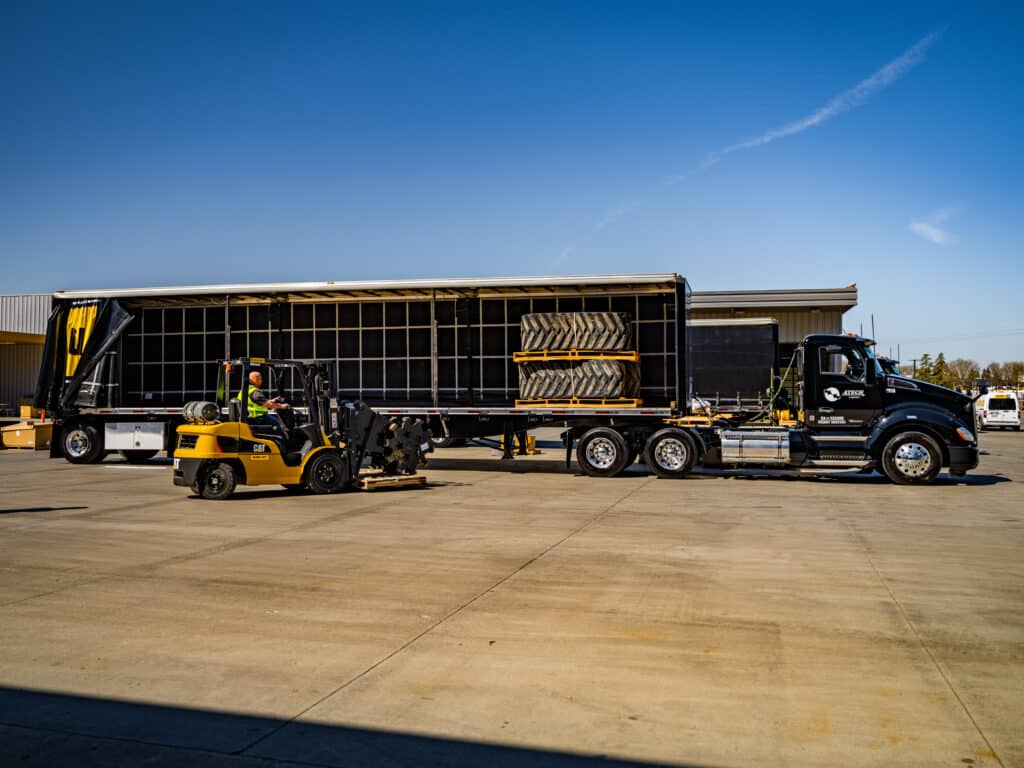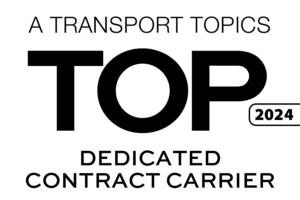
Motor cargo insurance protects businesses involved with moving goods from place to place. It plays an important role in the logistics and transportation industry. There are many risks in the logistics industry, making insurance a vital resource to avoid financial losses.
Motor cargo insurance can be a significant game changer and protection in the trucking industry, so it is important to understand what it means, how it works, coverage types, and things to consider for businesses.
What is Motor Truck Cargo Insurance?
Motor cargo insurance, also known as cargo insurance or freight insurance, is a specialized type of insurance that covers the loss or damage of goods during transit from one place to another. This coverage is essential for businesses transporting goods by road, internationally, or locally. It covers the company’s liability in the event of unforeseen circumstances such as accidents, theft, or natural disasters, protecting it financially.
Coverage During Transit
Motor cargo insurance covers the goods transported from one place to another. The coverage includes accidents, collisions, fire, theft, natural disasters, etc.
Financial Protection
In an incident where goods are damaged or lost, Motor Truck Cargo Insurance provides financial protection to companies dedicated to transporting goods. Cargo insurance is a safety net, covering the cost of lost or damaged goods. This is one of its primary and most important functions.
Customer Trust
Having Motor cargo insurance provides peace of mind for transportation service customers. The confidence that they are in the right hands and are protected creates a bond of trust, which leads to customer loyalty and more recurring businesses.
Compliance Requirements:
In many countries, motor cargo insurance is a legal requirement for businesses involved in transporting goods. Compliance with these regulations is crucial to avoid legal consequences and disruptions to business operations.
In other cases, when motor cargo insurance is not required by law, some companies and risk managers will need contracts for hired drivers to carry their motor truck cargo coverage.
Who needs motor truck cargo insurance?
In addition to commercial auto insurance, any long-haul vehicle must protect itself with motor truck cargo insurance. It is specially recommended for the following:
- Dump truck drivers
- Box trucks
- Cargo Vans
- Car haulers
- Flatbeds
- Refrigerated or heated trucks
What is covered by Motor Truck Cargo Insurance?
In the event of an incident where goods are damaged or lost, Motor Truck Cargo Insurance provides financial protection to companies dedicated to transporting goods. Cargo insurance is a safety net, covering the cost of lost or damaged goods. This is one of its primary and most important functions, but not the only one.
- Cargo liability: the company’s property and cargo is covered in the case of an incident, including collision, fire, or such.
- Debris Removal Cost: If the truck accidentally dumps freight on the road, the insurance under the removal expenses endorsement can help cover the cost to remove the debris, the pollutant cleanup, freight charges, and other associated expenses.
- Legal Costs: If the cargo is lost or damaged, the insurance can help cover legal expenses and/or settlement.
- Earned Freight Coverage: The insurance covers any associated costs if the company is liable for delayed cargo delivery.
- Equipment Breakdown: If the refrigeration or heating equipment breaks down from a mechanical lapse, the motor truck cargo insurance covers the cost.
Exceptions and Restrictions
Motor Truck Cargo Insurance is unavailable on garbage trucks, limos, hearses, buses, passenger vans, or ice cream trucks.
The following cargo types and categories are excluded from coverage:
- Art, jewelry, money, and paper
- Pharmaceuticals, tobacco, alcohol, and contraband
- Live animals
- Explosive or radioactive materials
- Property while in the hands of any other carrier
- Property or goods owned by the insured
- Storage greater than 72 hours
- Shipping containers
- Property not under Bill of Landing
Different insurances have different exclusions, so speak to an expert when deciding the best fit for you and your business.
3 Important Considerations for Businesses
1. Coverage Limits
The coverage limit is the maximum amount the motor cargo truck insurance will pay in case of a claim. Companies must understand and be aware of the policy coverage limits they decide for their business.
2. Deductibles
Before the insurance coverage kicks in, the business is responsible for covering a certain amount, known as the deductible. Evaluating deductibles is essential in determining the insurance policy’s overall cost and financial impact.
3. Proper Documentation
Records such as invoices, packing lists, and bills of lading can facilitate claim processes. Companies need to know the accurate and detailed documentation required to file valid and successful insurance claims.
In conclusion, motor cargo insurance is an important transportation and logistics industry component. It provides businesses with financial protection as they move goods from one place to another. Understanding the types of coverage, compliance requirements, and key considerations is crucial for companies to make informed decisions and ensure the smooth flow of goods while minimizing financial risks. When acquiring motor truck cargo insurance, knowledge is the greatest tool to navigate options that can directly impact your business.

